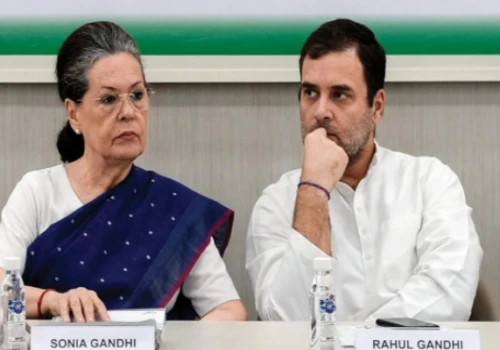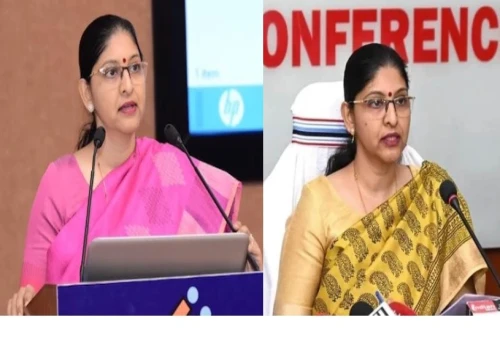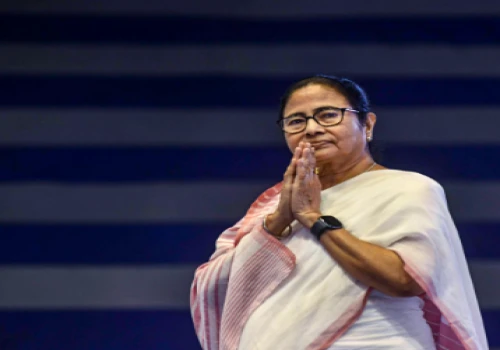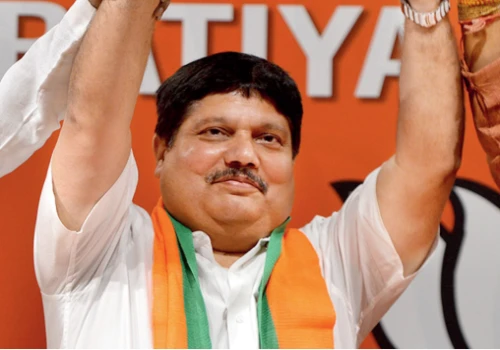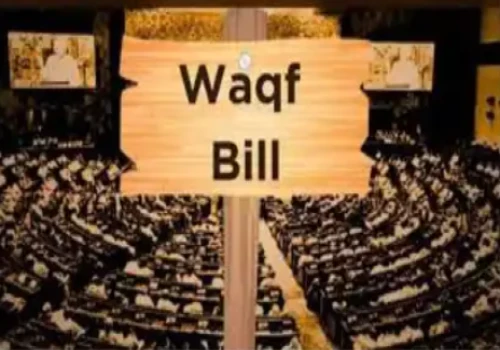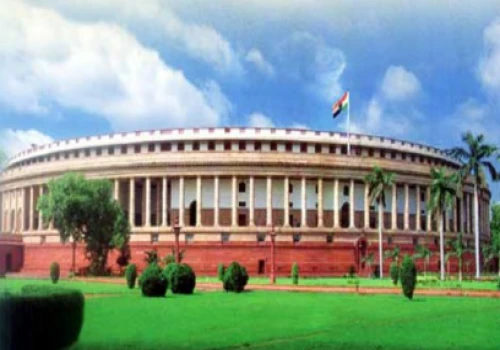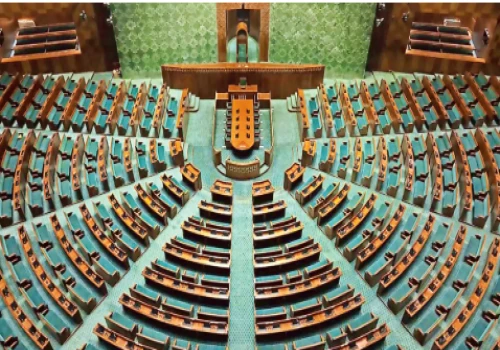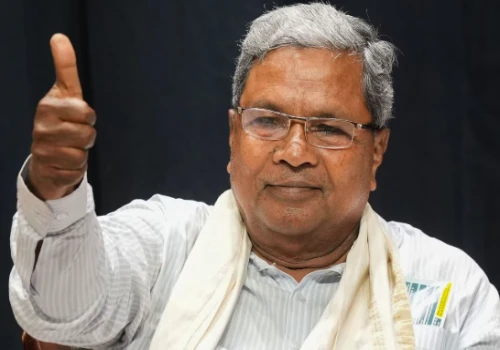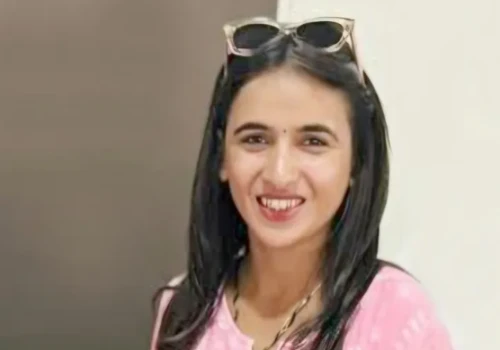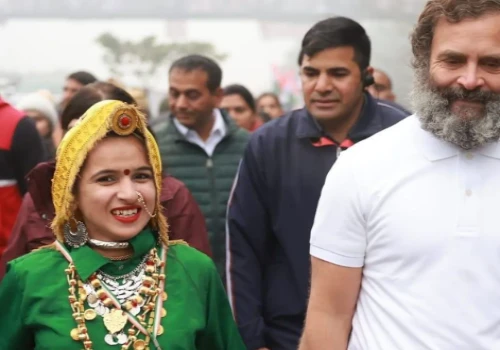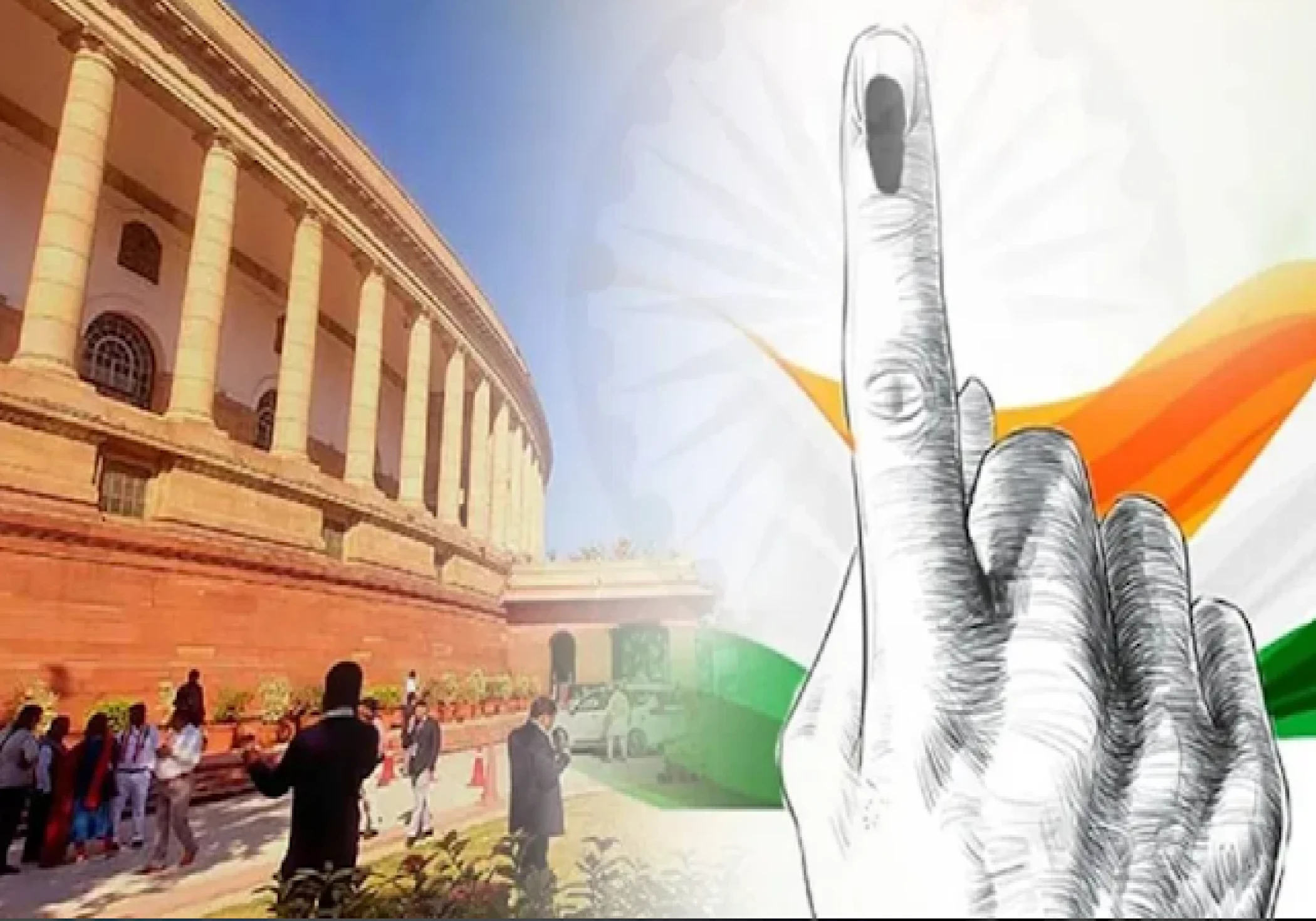
On September 1, the Central government set up a panel headed by former President Ram Nath Kovind to explore the feasibility of the ‘one nation, one election’ (ONOE) plan.
ONOE is a concept to streamline the electoral process of the country i.e. holding elections of Lok Sabha and State Legislative Assemblies simultaneously.
After Independence, simultaneous elections were held in the country during the first two decades till 1967 but the dissolution of certain Assemblies in 1968 and 1969 followed by the dissolution of the Lok Sabha led to the disruption of the conduct of simultaneous elections.
Pros of ONOE
-Money and administrative expenses will be drastically cut.
The government will have time for some constructive work because the imposition of a model code of conduct for such a long time is hampering developmental and welfare activities.
-Large numbers of teachers are involved in the electoral process which causes maximum harm to the education sector.
-Holding elections once in five years can provide more time to all the stakeholders i.e. political parties, ECI, paramilitary forces, and civilians for its preparation
Cons of ONOE
- Simultaneous elections threaten the federal character of our democracy.
-To conduct simultaneous elections in India, many amendments to the constitution of India are to be made, like:-
Article 83: It states that the term of the Lok Sabha will be five years from the date of its first sitting.
Article 85: It empowers the President to dissolve the Lok Sabha.
Article 172: It states that the term of the legislative assembly will be five years from the date of its first sitting.
Article 174: It empowers the Governor of the state to dissolve the Legislative Assembly.
Article 356: It authorizes the Central Government to impose the President’s Rule for failure of constitutional machinery in the state.
The Representation of the People Act as well as related parliamentary procedure will also need to be amended.
-No proposal made a provision for hung legislatures or the premature dissolution of governments.
-Simultaneous election would hamper the prospects of regional parties as national issues would dominate the political narrative instead of local issues.
So there is a need for political consensus because it requires constitutional amendments. All political parties should at least cooperate in debating this issue, once the debate starts, public opinion can be taken into consideration. It would be a good change if it could be carried out with the proper execution of policies and rules, taking care of the rising need for good administrative staff and security.


